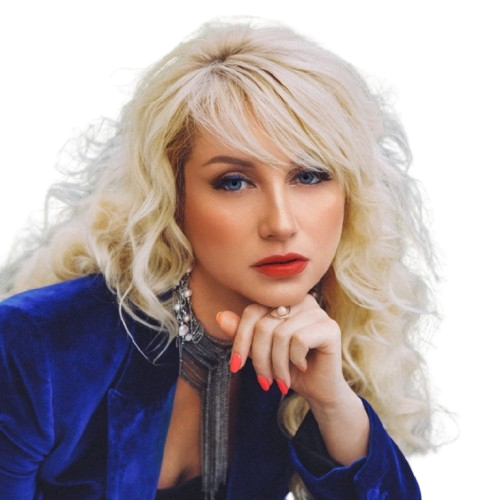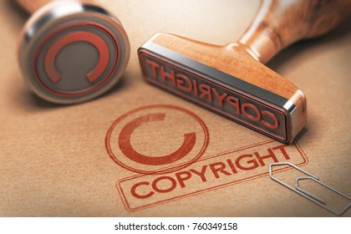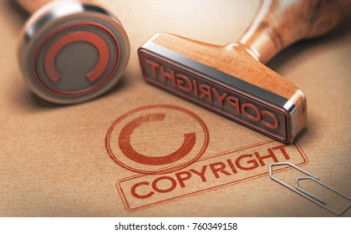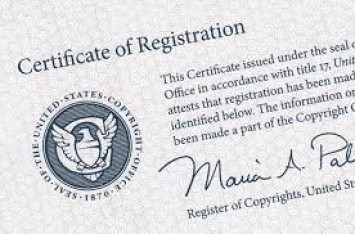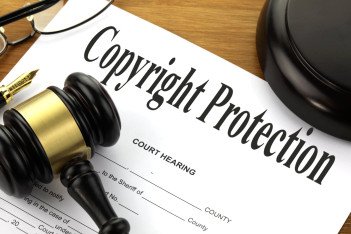Experienced Law Specialist with a demonstrated history of working in the law practice industry. Skilled in International Law and Joint Ventures. Strong legal professional with a Bachelor of Laws focused in Jurisprudence from Yaroslav Mudriy National Law Academy of Ukraine. Specializations: Copyright Law • Entertainment Law • Intellectual Property Law • Legal Consulting • Startup Law • Business Law • Trademark Law
Protecting Authors' and Performers' Interests in the Audio, Film, and Television Industry in the USA: Lawyer’s Experience
The audiovisual production sector in the United States is governed by a complex combination of copyright, contract, and commercial laws. For screenwriters, musicians, and actors, it is critical to protect their rights early, as mistakes at the beginning can lead to loss of revenue and control over their creative works.
Lawyer Olena Yaremchuk has extensive experience helping creators from different countries safeguard their interests in Hollywood and other major U.S. media hubs. One of her recent cases illustrates how properly organized legal support enabled a client to defend their rights in a challenging commercial situation without resorting to court.
Case Overview
A client — a television project scriptwriter — approached Olena after parts of their work were used by a large production company without consent. No contract for rights transfer had been signed, and proper credit for authorship was missing.
Solution Stages
1. Initial Situation Assessment and Rights Audit
Olena conducted a full legal audit:
- Analyzing existing communications between the parties
- Verifying copyright registration with the U.S. Copyright Office
- Comparing the client’s original script to the final production
- Collecting evidence in case a lawsuit was needed
2. Pre-Trial Settlement and Negotiations
To minimize costs and efficiently protect the client’s interests, Olena organized:
- Preparing a formal copyright infringement claim
- Formulating demands for compensation and formal credit acknowledgment
- Conducting negotiations with the production company's legal team
- Analyzing counteroffers and developing optimal settlement terms
As a result, the parties agreed on a settlement package including a lump-sum payment, royalty sharing from future broadcasts, and formal authorship recognition.
3. Protecting the Client’s Future Projects
To prevent similar risks in the future:
- New scripts were registered with the U.S. Copyright Office by filing Form TX (Literary Work)
- Standard contract templates for rights transfer were developed
- Regular content monitoring services were implemented through leading copyright protection platforms
Key Aspects of Media Rights Protection in the USA:
- Copyright registration during the creation phase
- Documenting all agreements in writing
- Using cease-and-desist letters as pre-trial leverage
- Implementing monitoring tools like Content ID and Copyright Match
Common Mistakes by Authors:
- Sending scripts without signed agreements or NDAs
- Failing to regularly update copyright registrations
- Neglecting the opportunity to establish licensing agreements
Photo — Confirmation of the Registration process:
.png)
Frequently Asked Questions
Question
Does copyright registration matter for independent creators?
Answer
Yes, regardless of company size or project budget, official registration is critical for enforcing rights and claiming damages in court.
Question
Which is better: licensing or full transfer of rights?
Answer
Licensing is generally more beneficial for the creator, allowing continued control over the work while receiving income.
Thanks to the professional efforts of lawyer Olena Yaremchuk, the client successfully secured legal protection, received compensation for the use of their work, and developed a proactive strategy for safeguarding future audiovisual projects in the U.S. market.





